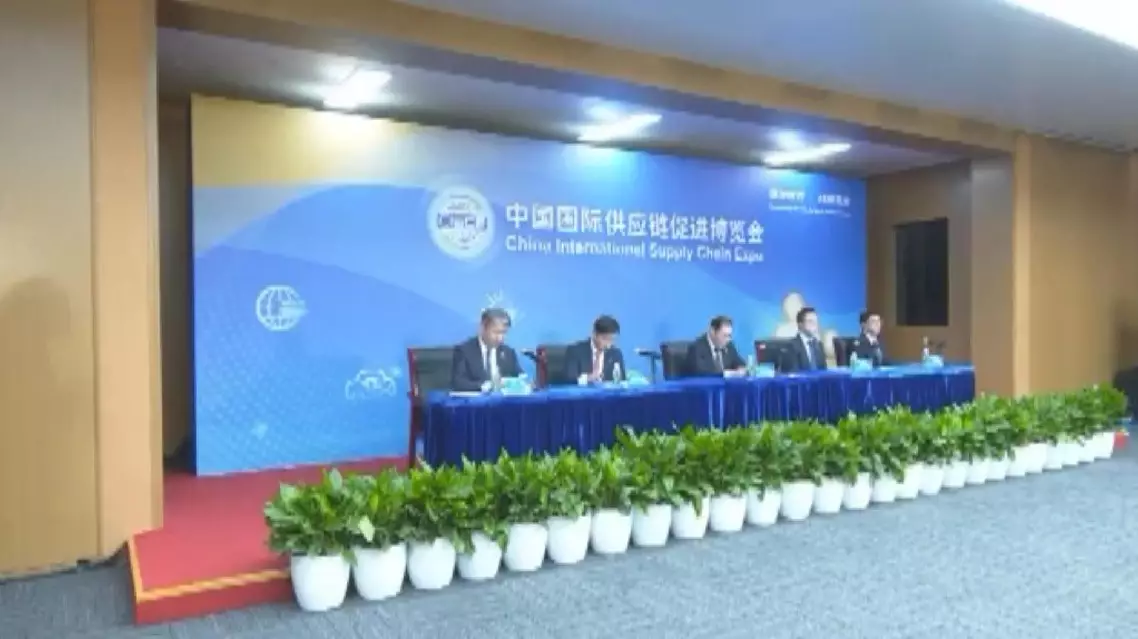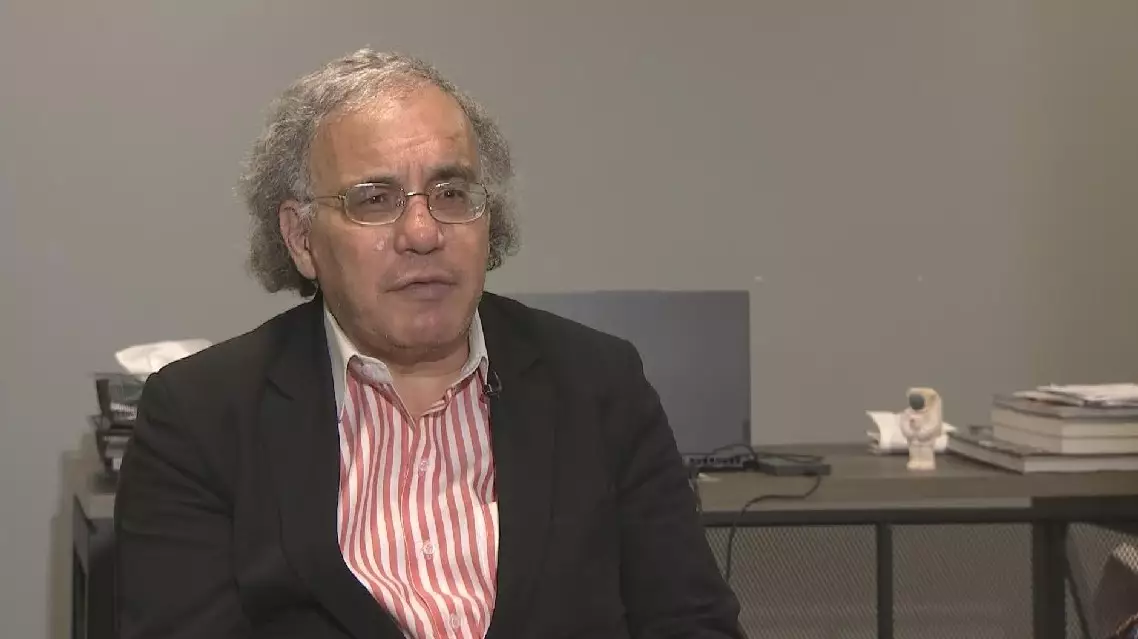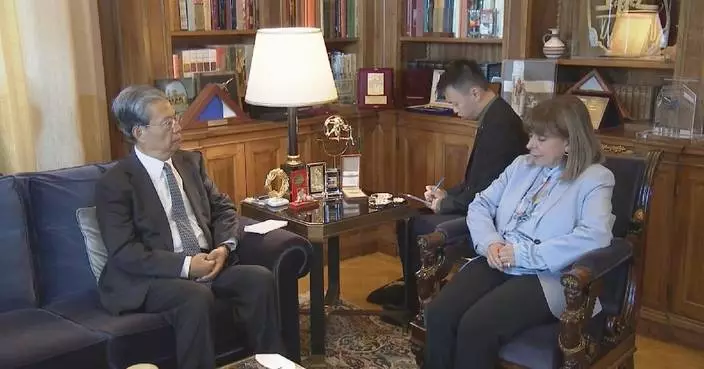The second China International Supply Chain Expo concluded on Saturday, with over 210 trade deals and tentative agreements signed, totaling more than 152 billion yuan (about 21.17 billion U.S. dollars), according to the event's organizer, the China Council for the Promotion of International Trade (CCPIT).
During the five-day expo, more than 600 exhibitors from nearly 70 countries and regions established cooperative ties with over 37,000 upstream and downstream suppliers, the organizer said.
"This year's expo attracted over 200,000 visitors, both online and offline -- an increase of a third compared to the first edition -- with over 160,000 attending in person. The event featured 620 domestic and foreign enterprises and institutions from 69 countries, regions, and international organizations, with over 1,000 actual exhibitors," said Zhang Shaogang, vice chairman of the CCPIT.
"The CCPIT scheduled over 6,000 matchmaking sessions for exhibitors and visitors, facilitating more than 6,700 cooperation intentions. According to incomplete statistics, the signed cooperation agreements and tentative agreements involve a total amount exceeding 152 billion yuan," said Zhang.
As the world's first national-level exhibition focused on supply chains, the event has garnered significant interest from multinational companies. Nearly one-third of this year's exhibitors were from overseas, up from 26 percent last year. Major global players, including GE HealthCare and SAP, have already confirmed their participation in the third edition of the expo.
Zhang emphasized that the expo serves as a platform for both domestic and international companies to showcase their innovations, engage in meaningful business discussions, and exchange views on strengthening supply chain cooperation.
He noted that the CCPIT is committed to enhancing the event and expanding its reach, aiming to foster greater international consensus on the development of industrial and supply chains.
So far, a total of 68 domestic and foreign enterprises and institutions have signed the intention to participate in the third edition of the expo next year.

Deals worth over 21 bln USD signed at China supply chain expo
Despite the complexities of China - U.S. trade relations, the two countries can resolve disputes through dialogue and cooperation, focusing on mutual benefits, said a former U.S. political science professor.
Nabil S. Mikhail, a former adjunct faculty member in political science at George Washington University, emphasized that China and the U.S. should focus on dispelling misunderstandings and finding common ground to achieve mutual benefits and the greater good of humanity, rather than deepening disputes.
Mikhail highlighted misconceptions about China's dominance in manufacturing and trade, urging both countries to organize their trade disputes and clearly identify issues to find constructive solutions.
"America and China are powerful economies, talk about exports and imports. Many Americans fear that China is manufacturing everything, that China is exporting everything. This is actually not true because there are so many commodities that no one single economy can produce. So, try to organize the competition. Run a list of what trade disputes are found between China and the United States. Chinese and American officials can talk, and they can settle a decent price for the benefits of every side in that trade dispute," he said.
While acknowledging that economic disputes may arise between China and the U.S., Mikhail warned against a mindset aimed at containing China and advocated for finding common ground to resolve differences.
"There could be disputes between China and the U.S. on economic matters, but I do not want America to be competitive with China in every aspect. It seems that there is a mindset here among some people to contain China. But do they want to contain each other, or do they want to search for middle grounds and settle differences? I will opt for the option whereby some solutions could be found, instead of just perpetuating the strife, because that will be adversarial for America and will put also China at a disadvantage," Mikhail noted.
He emphasized the importance of cooperation between the two countries on global issues like climate change, suggesting that shared concerns could foster stronger ties and mutual benefits for both nations.
"It has to be done in a way not to antagonize. America wants China to discuss global warming, to discuss environmental issues, so there is a common concern that could bind the two nations together and they can work together toward the welfare of humanity," said the expert.

China, U.S. can navigate trade disputes through dialogue, cooperation: U.S. political expert










